April 14, 2025 | 18:03 GMT +7
April 14, 2025 | 18:03 GMT +7
Hotline: 0913.378.918
April 14, 2025 | 18:03 GMT +7
Hotline: 0913.378.918
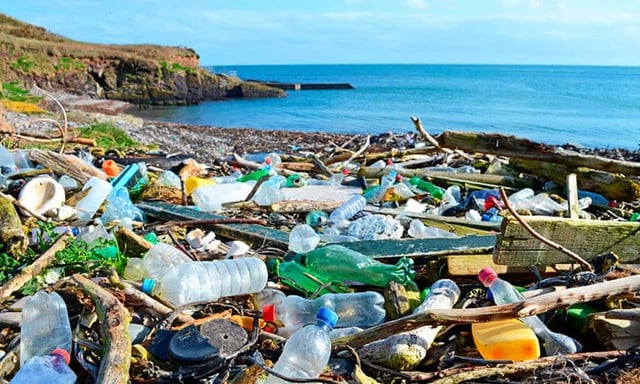
Plastic waste has reduced tourist arrivals and revenue, affecting the livelihoods of millions of people who depend on tourism.
Currently, most plastics are not biodegradable and take 100 or even 1,000 years to decompose. In the environment, plastic will decompose into microplastic pieces that pollute water sources and soil and enter the human food chain, endangering the lives of about 800 species of animals living in the ocean.
Plastic waste will pollute the view for tourism, affecting the tourist experience. Plastic waste has reduced tourist arrivals and revenue, affecting the livelihoods of millions of people who depend on tourism.
At the workshop on reducing plastic waste in the tourism sector 2024, recently held at Trang An Ecotourism Area and Thung Nham Tourist Area, Ninh Binh Province, Mr. Vu Quoc Tri, General Secretary of the Vietnam Tourism Association (VITA), shared a set of criteria for recognizing plastic-free tourism businesses.
Accordingly, the main goal is to ensure that by 2025, 100% of tourist resorts, accommodation establishments, and hotels will not use non-degradable plastic bags and single-use plastic products.
To achieve this, the VITA also sets out several tasks, such as participating in developing, disseminating, and monitoring the implementation of policies and laws on reducing plastic waste in tourism; Implementing a set of criteria for recognizing plastic waste-free tourism businesses and applying plastic waste management for tourism businesses; Build and develop green tourism products without plastic waste; Promote tourism promotion activities associated with reducing plastic waste, etc.
Currently, Ninh Binh is one of two localities piloting a project on reducing plastic waste in the Vietnamese tourism sector sponsored by the United Nations Development Program (UNDP), led by the VITA and the Institute of Strategy, Policy on Natural Resources and Environment preside over the implementation. Evaluation results show that propaganda work to raise environmental protection awareness in the province is focused.
After nearly 1.5 years of implementation, the project has promoted plastic waste reduction activities in tourism, contributing to environmental protection and tourism development.
Typically, the Thung Nham tourist area, Hoa Lu district, has focused resources on investing in infrastructure development in a synchronous direction, harmoniously combining business activities with protecting the ecological environment and landscape to reduce waste.
The tourist area has invested in pure drinking water production technology with a capacity of about 500 m3 per day and night, meeting the needs of tourists and minimizing the use of plastic bottled drinking water. In addition, focus on propaganda and training for officials and workers operating in the field of tourism services on environmental protection and minimizing plastic waste; Actively replace plastic products with environmentally friendly wood, china, and porcelain products.
At Trang An Ecotourism Area, they are currently focusing on propaganda and training for officials and workers operating in the field of tourism services on environmental protection and minimizing plastic waste. Environmental protection activities have received good feedback and impressions from service users.
However, the application and implementation of this project in the tourist area still have some difficulties and limitations, such as High initial investment costs and no synchronization between minimizing plastic waste in and out of the resort. In addition to tourist areas, tourists come from many places and bring plastic waste to their travel schedules. Some residential waste collection points affect the beauty of tourist areas.
It is necessary to increase the implementation of some suitable applications and models to raise environmental protection awareness and reduce plastic waste in tourism activities. In addition, it is essential to focus on training knowledge and skills to train officials and workers to become pioneers and role models so that each destination will be a typical bright spot in reducing plastic waste, contributing to the reality of plastic waste and realizing the goal of developing green, sustainable tourism.
The active participation of the tourism industry, businesses, and tourist attractions has contributed to raising awareness among people and tourists about reducing plastic waste, protecting the environmental landscape, and bringing Ninh Binh tourism to green and sustainable development. The project's initial results in reducing plastic waste in Vietnam's tourism industry in Ninh Binh are also the basis for replicating the model nationwide.
At the workshop, experts from the Institute of Strategy and Policy on Natural Resources and Environment also suggested several solutions to minimize plastic waste, such as bringing a person's water bottle and refilling instead of using bottled water which will be discarded later, bringing a shopping bag or using a reusable bag when shopping, using leaves to wrap food, dispose of garbage in the right place, collect and classify garbage at homes, workplaces, event venues.
Translated by Huong Giang
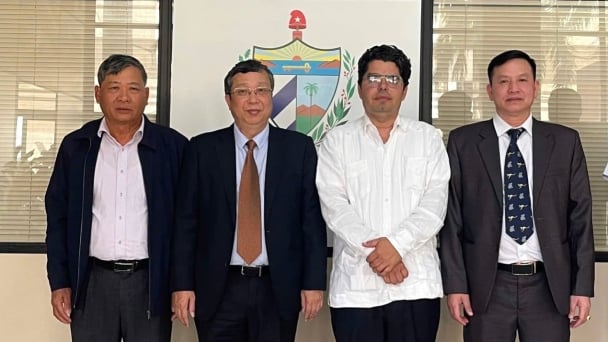
(VAN) The Vietnam-Cuba technical cooperation project to develop rice production phase 5 (2019-2025) has supported Cuba in improving varieties, increasing rice yield and quality.
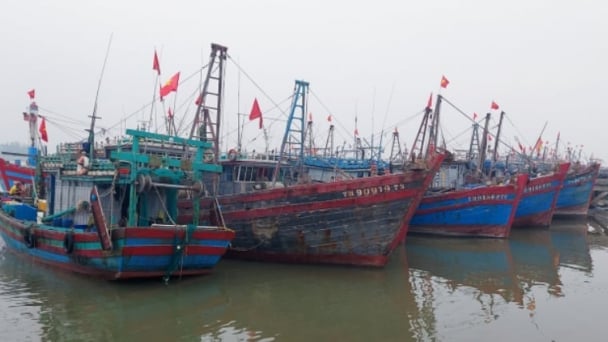
(VAN) The Deputy Minister of Agriculture and Environment underscored the necessity of addressing IUU fishing at the grassroots level and linking it to the accountability of local authorities.

(VAN) According to Deputy Prime Minister Bui Thanh Son, through this P4G Summit, Vietnam aims to convey the message of transforming its growth model towards rapid and sustainable development.
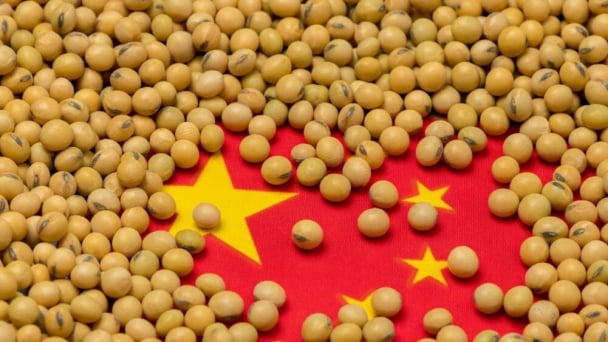
(VAN) Soybean production has been a priority for China to ensure food security, with increased soybean cultivation and yields highlighted in the annual No. 1 Central document.
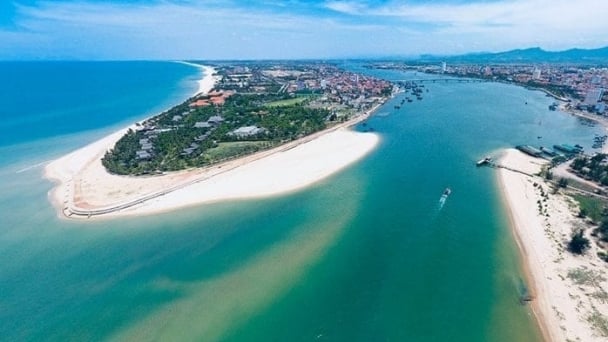
(VAN) Vietnam Sea and Islands Week 2025 is expected to take place in Quang Binh, featuring a series of meaningful activities aimed at protecting the ocean through green technology solutions.
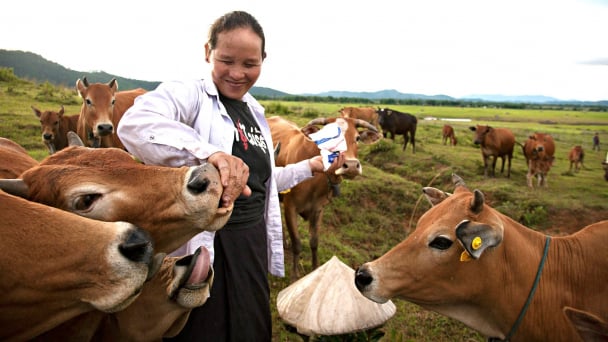
(VAN) The One Health approach is no longer merely an option, as increasingly complex challenges confront health and food systems.
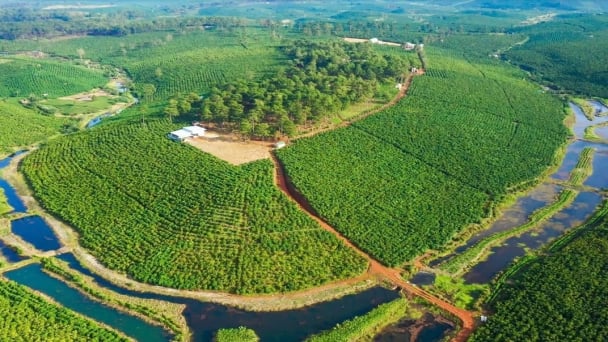
(VAN) The project promoting sustainable coffee production, with a focus on waste management and raising farmers’ awareness, has achieved many positive results after nearly two years of implementation.